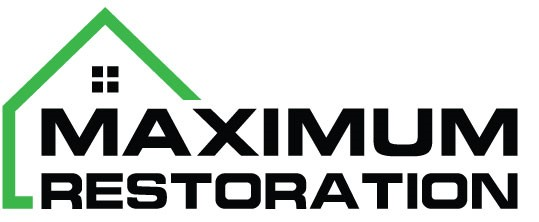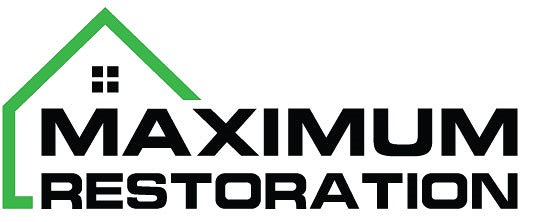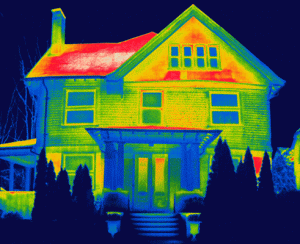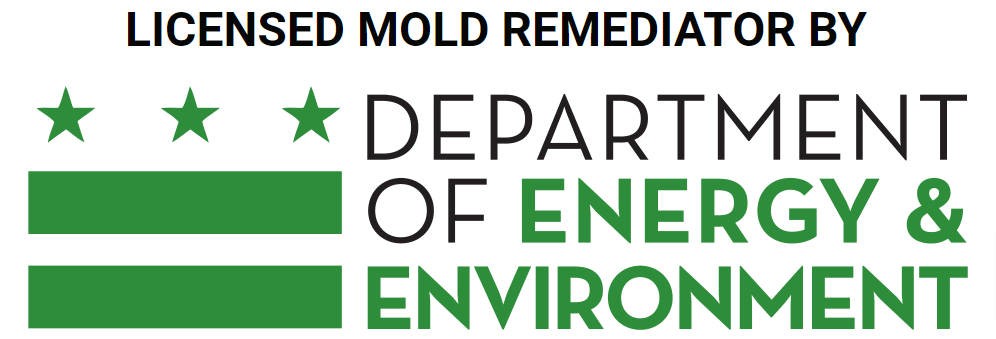INDOOR AIR QUALITY TESTING
Residential & Commercial Indoor Air Quality Testing
Indoor Air Quality (IAQ) testing is the process of evaluating the quality of the air within a building or enclosed space. It is essential to ensure that the air we breathe is clean and free from harmful pollutants, which can have adverse effects on our health and well-being. Poor IAQ is a major concern, especially in today's world, where people spend most of their time indoors.
Indoor Air Questions?
The only bad question, is the question never asked. Call now to get answers and peace of mind
Types of IAQ Testing
Mold Testing
This type of testing evaluates the presence of mold spores and other mold-related allergens in the air.
VOC Testing
This type of testing evaluates the presence of volatile organic compounds (VOCs), such as formaldehyde and benzene, in the air.
Carbon Monoxide
This testing identifies the presence of carbon monoxide (CO) gas, which is odorless and colorless but can cause severe health problems, including death.
Dust & Allergens
This testing identifies the presence of dust and other allergens, such as pet dander, pollen, and dust mites, in the air.
Radon Testing
This type of testing evaluates the presence of radon gas in the air, which can cause lung cancer.
Indoor Air Quality Index
This is a comprehensive test that evaluates the overall air quality within a building, including temperature, humidity, and the presence of various pollutants.
Indoor Air QualityTesting
Indoor Air Quality testing involves a series of measurements and assessments that can identify pollutants, such as mold, dust, volatile organic compounds (VOCs), carbon monoxide (CO), and other toxic chemicals, which may be present in the indoor air. The testing process can vary depending on the building type, size, and the type of pollutants being evaluated.
The primary objective of IAQ testing is to identify any potential health risks and to determine if the air quality meets the standards set by regulatory bodies. This includes evaluating the temperature, humidity, and ventilation levels within a building.
The testing process typically involves taking air samples from various locations within a building, such as offices, living spaces, and basements. The samples are then analyzed for the presence of contaminants and pollutants. The testing may also involve evaluating the building's HVAC system, including ductwork, filters, and air handlers, to ensure that they are functioning correctly and are free from contamination.
Once the testing is complete, the results are analyzed and interpreted to determine if any corrective action is needed to improve the indoor air quality. This may include repairing or replacing the HVAC system, improving ventilation, or removing any sources of pollution, such as mold or chemicals.
Indoor Air Quality testing is an essential part of maintaining a healthy and safe indoor environment. It provides valuable information about the air quality within a home or building and can help identify potential health risks associated with poor IAQ. By conducting regular IAQ testing, homeowners, building owners and occupants can take steps to improve the air quality and create a healthier living and working environment.
Keep Your Home Healthy
We can test and remove any sources that are contributing to your poor indoor air quality. We will isolate, contain and remove any contaminates, without affecting other areas. If you suspect you may have an IAQ issue...do not wait! Call All About Restoration 240-636-3503, ASAP for a professional evaluation.






